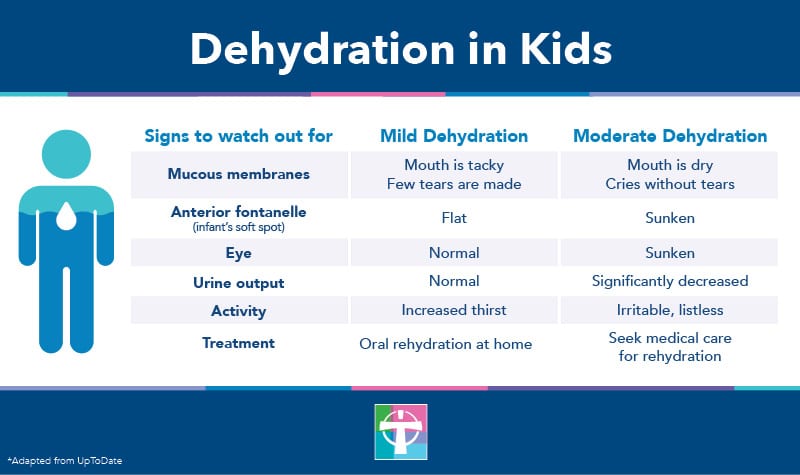Safeguarding our children’s health is a top priority, and when it comes to flu, understanding lesser-known complications and taking proactive steps to avoid them is critical.
Stories of scary complications, not being able to walk after being sick with the flu, can make parents want to keep their kids in a bubble until spring.
Kali Broussard, MD, pediatrician and pediatric infectious diseases specialist with Our Lady of Lourdes Children’s Health, shares insights on how parents can realistically protect their children from flu complications.
Acute Viral Myositis
An inflammation of the muscles that causes severe tension and pain, acute viral myositis is emerging as a concern, especially in association with Influenza. Myositis is seen more commonly with Influenza B than A, but both may have associated myalgias (muscle aches). Up to 20% of kids infected with Flu B may experience severe muscle inflammation occasionally requiring IV fluids.
Early intervention is key, recognizing initial signs of illness, particularly when fever emerges. Dr. Broussard encourages parents to prioritize hydration, aiming for at least one ounce of fluid per two pounds of body weight daily per day. Offering small amounts of liquid (1 tablespoon at a time) frequently (every few minutes) may make rehydration more easily tolerated. See the table below for signs of dehydration.

Fever-reducing medicines, such as ibuprofen and acetaminophen, can make kids feel more comfortable and well enough to drink more fluids. Check with your pediatrician for questions about dosages based on your child’s weight.
When to Seek Medical Attention
If symptoms escalate, including if your child is unable to walk after a flu infection, Dr. Broussard recommends consulting your pediatrician right away. MyChart makes communicating easy, and a phone call can be even faster.
Your provider can help you decide where to go to seek care and how to manage symptoms at home. In severe cases muscle inflammation can pose a risk of kidney failure, which could be avoided through intravenous fluids and close monitoring.
Antiviral medicines like Tamiflu can be a valuable tool to manage flu symptoms, including muscle inflammation, and are suitable for all infants and children. Dr. Broussard stresses that prevention in the form of vaccination remains the most powerful weapon against the flu.
Although a flu shot doesn’t guarantee complete immunity, it does significantly reduce the severity of the illness and the risk for hospital admission. Dr. Broussard urges parents to prioritize vaccination to shield kids from consequences of the flu. Low flu vaccine rates in our state have contributed to higher prevalence of flu-related cases.
Dr. Broussard also advises parents to keep children home from school while they’re sick only returning to regular activities when the infection has fully run its course. This minimizes the risk of spreading the flu, keeping others in our community safer.




